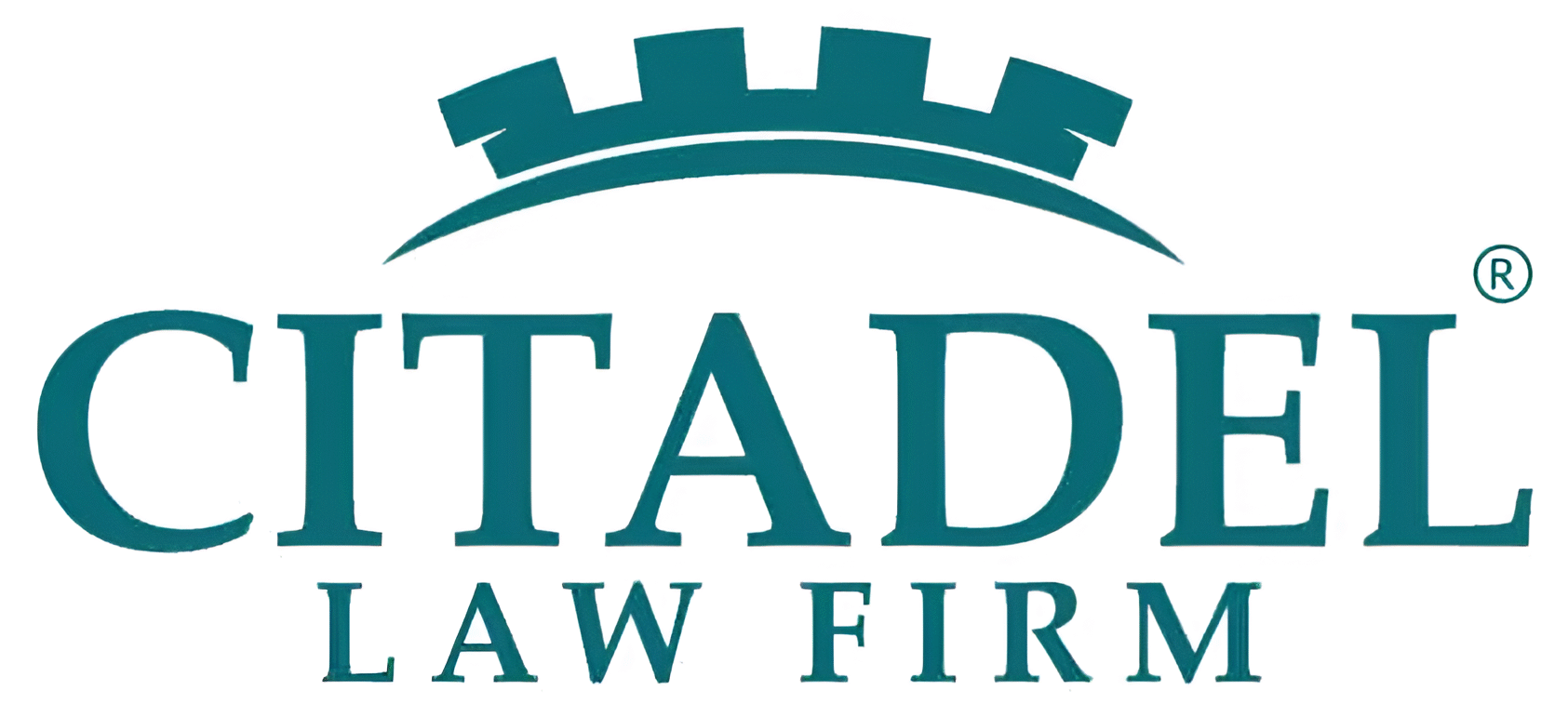How Trust Attorneys Help Business Owners Secure a Succession Plan
Running a business comes with its ups and downs, and worrying about what happens when you’re no longer in charge? That’s a lot. Your plan could be to retire someday or you just want to make sure your company keeps running smoothly no matter what happens. Anyways, you need a succession plan.
But here’s the thing; a well thought out succession plan isn’t just about picking someone to take over. It’s about legal structure, tax strategy, and protecting what you’ve worked hard to build. That’s where you need to work with a trust attorney. Continue reading to learn more:
What’s the Importance of Succession Planning?
It’s easy to think that succession planning is only for big corporations or business owners nearing retirement, but that’s not true. A sudden illness, accident or unexpected life event can pull you away from your company in an instant.
Without clear direction, your business could get tied up in legal battles, hit with big taxes, or even fall apart entirely. And that’s bad for business. A succession plan is a way of letting your intentions known long before life comes with its uncertainties. It gives your employees, customers and family clarity and direction in your absence.
How Can a Trust Attorney Help
So, how does a trust attorney fits into all of these?
They’re not just lawyers, they also serve as strategic partners. Here’s how they help ensure your business succession plan works not only legally, but practically and financially as well:
-
Drafting Key Legal Documents
Trust attorneys help create the legal documents that make your plan solid, such as:
- Buy-sell agreements (for co-owned businesses)
- Living or revocable trusts
- Business continuity clauses
- Succession letters or leadership transfer documents
These forms are carefully designed to suit your business structure, ownership and long-term goals.
-
Creating a Smooth Ownership Transition
Whether you’re handing your business over to a child, a partner or an employee, the process needs to be a smooth one. A trust attorney ensures that ownership is transferred legally in a way that it reduces taxes. They’ll also ask questions you may not have considered, like:
- What happens if you become incapacitated?
- How will voting shares be handled?
- Who gets control, and how will leadership compensation work?
It’s about preparing for every possible scenario so your business doesn’t stop operation.
-
Collaborating With Financial Experts
Trust attorneys often work together with your accountant or financial advisor to ensure your plan is tax-efficient and aligns with your financial goals. Together, they make sure that everything from your business structure to your personal estate flows smoothly.
Protecting Your Business and Minimizing Taxes
Trusts are not just for personal estates, they are powerful tools for business succession too. A trust attorney might recommend:
- A revocable trust that holds your business shares during your lifetime
- An irrevocable trust to pass ownership to the next generation while reducing estate taxes
- A generation-skipping trust if you want your grandkids to benefit later
These strategies can protect your company from going through probate, keep things private, and save your heirs from paying big money in taxes.
Keeping the Business Running Smoothly
A solid succession plan ensures your company doesn’t pack up when you’re no longer in the picture, whether temporarily or permanently. With a trust in place, leadership can be transferred smoothly. Operations keep running, employees feel secure and your legacy continues on your terms.
Conclusion
As a business owner, you’ve already done the hard part: building something meaningful. Now is the time to protect it.
A trust attorney can help you put a solid, smart succession plan in place, one that keeps your business, your team, and your family safe for years to come. You’ll have peace of mind knowing that no matter what the future holds, your company is safe, prepared and secured.
If you haven’t created your business succession plan yet, now’s the perfect time to start. Tomorrow isn’t promised, but with the right plan in place, your business will always have direction.
Frequently Asked Questions (FAQs)
-
What’s the difference between a trust attorney and a general business lawyer?
A general business lawyer handles contracts, operations, and legal compliance. A trust attorney, on the other hand, focuses on estate and succession planning. They’re experts at setting up trusts, managing ownership transitions, and reducing tax liabilities related to inheritance and succession.
-
When is the right time to create a business succession plan?
Well, the earlier the better. You don’t have to wait until you’re close to retirement. In fact, planning while your business is growing gives you more flexibility to make smart decisions over time.
-
Do I need a succession plan if I’m a sole proprietor?
Yes! Sole proprietors are even more vulnerable. Without a plan, your business could die with you, legally. A trust attorney can help structure ownership in a way that allows someone else to take over or sell your business smoothly.
-
Can I change my succession plan later?
The only thing constant is change, so yes your plan can change. Working with a trust attorney ensures your documents are updated, relevant and legally binding.
-
Is setting up a trust expensive?
There are upfront legal costs, but most business owners see it as an investment. The long-term savings from tax benefits, legal protection and profits you’ll make from your business usually outweigh the initial fees.


